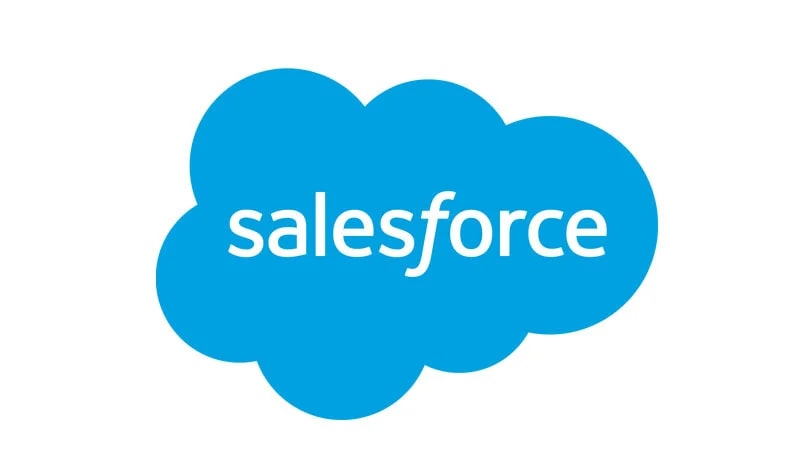
In today’s digital age, cybersecurity has become a significant concern for businesses of all sizes. The increase in cyber-attacks and data breaches has made it more critical than ever for Managed Service Providers (MSPs) to offer comprehensive cybersecurity services to their clients. This article will explore some essential cybersecurity services every MSP should offer to protect clients from cyber threats.
DDoS Attack Prevention
One of the most common types of cyber-attacks that businesses face is Distributed Denial of Service (DDoS) attacks. These attacks overwhelm a website or network with traffic, causing it to become unavailable to users. DDoS attacks can devastate businesses, resulting in lost revenue, damaged reputation, and even legal consequences.
MSPs should offer DDoS attack prevention services to their clients to protect them from these types of attacks. DDoS attack prevention involves monitoring network traffic and identifying any suspicious activity that could indicate an impending DDoS attack. MSPs can then take steps to mitigate the attack, such as filtering out malicious traffic or redirecting traffic to a different server.
In addition to prevention, MSPs should also offer DDoS attack response services. If an attack occurs, MSPs should have a plan to mitigate the attack and restore normal operations quickly. Response readiness could include using a Content Delivery Network (CDN) to distribute traffic, deploying additional servers to handle the load, or blocking traffic from specific IP addresses.
Network Security Monitoring
Another essential cybersecurity service that MSPs should offer is network security monitoring. Security monitoring involves continuously monitoring a client’s network for suspicious activity, such as unauthorized access attempts, malware infections, or unusual traffic patterns. By monitoring the network, MSPs can quickly identify and respond to potential threats before they can cause significant damage.
MSPs can use various tools and software to monitor network security, such as intrusion detection systems (IDS), firewalls, and endpoint protection software. These tools can detect and block malicious activity in real time, allowing MSPs to respond quickly to potential threats. MSPs should use the best cybersecurity and management software from companies like ConnectWise. ConnectWise offers MSP software that can help protect your company and customers. MSPs can utilize ConnectWise remote access software to support clients 24/7 and help safeguard their complex digital infrastructure.
Vulnerability Scanning and Penetration Testing
To ensure their clients’ networks are secure, MSPs should offer vulnerability scanning and penetration testing services. Vulnerability scanning involves scanning a client’s network for known vulnerabilities and weaknesses, such as outdated software or misconfigured settings. MSPs can then provide recommendations for addressing these vulnerabilities and improving overall network security.
Penetration testing, conversely, involves simulating a cyber-attack to identify any weaknesses in a client’s network security. Testing could include attempting to exploit known vulnerabilities, social engineering attacks, or other techniques to test the effectiveness of a client’s security controls. By conducting penetration testing, MSPs can identify areas of weakness and provide recommendations for improving network security.
Cybersecurity Training and Education
One of the most critical cybersecurity services that MSPs should offer is cybersecurity training and education. Many cyber-attacks are successful because of human error, such as employees clicking on phishing links or using weak passwords. By providing cybersecurity training and education to their clients, MSPs can help mitigate the risk of these attacks.
MSPs can provide various training and education services, such as online training courses, in-person training sessions, and ongoing education programs. These programs can cover password security, email phishing, and social engineering attacks. By providing employees with the knowledge and skills they need to recognize and respond to potential threats, MSPs can help to improve overall network security.
Data Backup and Recovery
Finally, MSPs should offer data backup and recovery services to their clients. In the event of a cyber-attack or another type of data loss, backing up important data can be essential for restoring normal operations. MSPs should work with their clients to identify critical data and establish backup and recovery processes to ensure that this data is protected during a disaster.
MSPs should also regularly test backup and recovery processes to ensure that they are practical and can be relied upon in a data loss event. By providing reliable backup and recovery services, MSPs can help their clients minimize the impact of a cyber-attack or another type of data loss.
As cyber-attacks continue to become more frequent and sophisticated, MSPS must offer comprehensive cybersecurity services to their clients. By providing services such as DDoS attack prevention, network security monitoring, vulnerability scanning and penetration testing, cybersecurity training and education, and data backup and recovery, MSPs can help their clients to mitigate the risk of cyber-attacks and improve overall network security. In today’s digital age, cybersecurity is no longer an optional service but an essential component of any MSP’s offerings.

![The Definitive Guide To Solving [Pii_email_d676da6565cc6d745502] Error Code In 2023](https://youngmagazines.com/wp-content/uploads/2023/03/The-Definitive-Guide-To-Solving-Pii_email_d676da6565cc6d745502-Error-Code-In-2023-850x550.jpg)

Leave a Reply
Your email address will not be published. Required fields are marked *